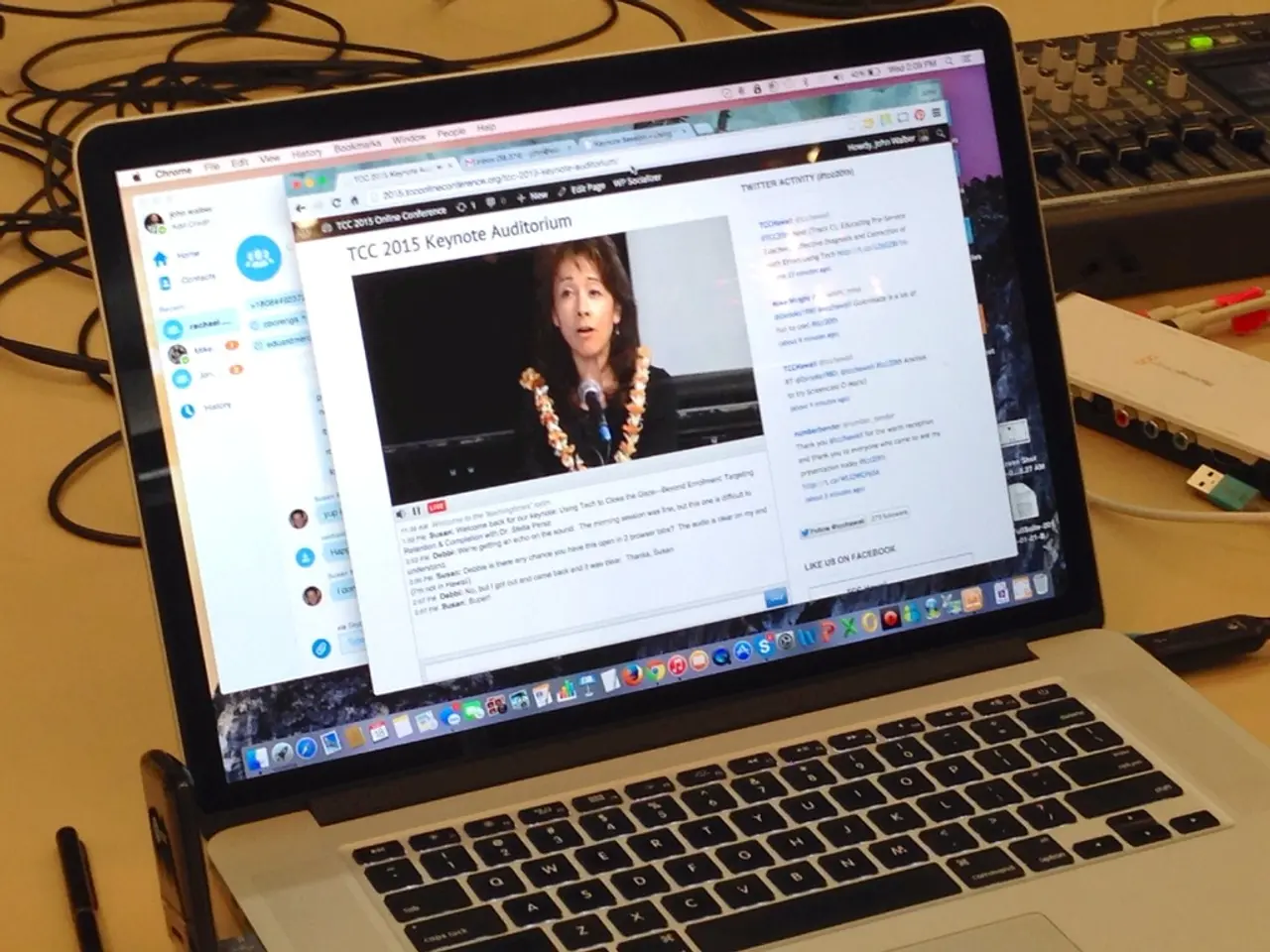Study Challenges eBPF's Network Performance Enhancements
A recent study published in the Proceedings of the ACM on Networking challenges the long-held belief that eBPF, a technology that embeds code directly into an operating system kernel, always enhances network-based workload performance. The paper, 'Demystifying Performance of eBPF Network Applications', suggests that eBPF may not always speed up applications and can sometimes slow them down.
eBPF, short for extended Berkeley Packet Filter, has been widely adopted for various networking functions like load-balancing and packet-switching. However, Khaled Baqer, Nasir Ghani, and Moustafa Youssef, the authors of the study, found that offloading code to eBPF does not always lead to performance gains. In fact, it can sometimes make applications slower.
The researchers attribute this to several factors. Pre-processing offload, while reducing data movement, may not significantly improve application performance. The 'noisy neighbor' effect can also negatively impact the performance of other applications running on the same server. The benefits of fast-path offload depend on the type of workload being managed. Full offload results were mixed, with some applications benefiting while others did not.
The study suggests refining just-in-time compilation, expanding the eBPF instruction set architecture (ISA), and adding schedulers and buffers to improve eBPF technology. These enhancements could potentially mitigate the performance issues identified in the paper. However, the authors stress that eBPF's performance superiority is not guaranteed and should be evaluated on a case-by-case basis.
Read also:
- EPA Administrator Zeldin travels to Iowa, reveals fresh EPA DEF guidelines, attends State Fair, commemorates One Big Beautiful Bill
- Hitachi Rail's Next-Gen SelTrac to Revolutionize Urban Transit with C$100m Investment
- Leaders at HIT Forum 2025: Middle Powers Key to Asia's Security
- Samsung, SK Hynix Partner with OpenAI for AI Chip Boost, Driving South Korea's Tech Industry







